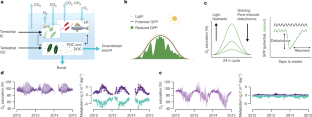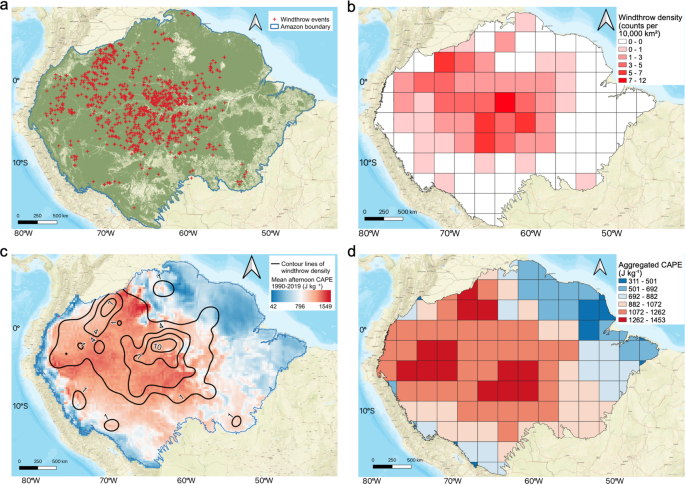2023-01-18 オークリッジ国立研究所(ORNL)
◆自動車のエネルギー効率を向上させる方法の1つは、アルミニウムベースの材料で自動車を軽量化することです。研究者たちは、ORNLのACMZ(アルミニウム、銅、マンガン、ジルコニウム)合金を用いて、高温で持続的な機械的応力を受けたときに生じる変形をモニターしました。
◆研究者らは中性子回折を用いてこの材料の原子構造を調べ、応力が合金の一部で吸収され、変形中に別の部分に移動することを観察した。この行ったり来たりするシャッフルが、ある部分の強化を妨げているのです。
◆ORNLのAmit Shyam氏は、「中性子は、多相構造材料における冶金現象を研究する機会を与えてくれます」と述べています。とORNLのAmit Shyamは言いました。「私たちは、高温の材料挙動について前例のない洞察を得て、極限状態のための改良型アルミニウム合金を設計することができるようになりました」。
◆この研究は、雑誌「Acta Materialia」に掲載されています。
<関連情報>
- https://phys.org/news/2023-01-scientists-neutrons-behavior-alloys.html
- https://www.sciencedirect.com/science/article/abs/pii/S1359645422009326?via%3Dihub
積層造形されたAlCuMnZr合金のクリープ変形時の荷重シャッフリング Load shuffling during creep deformation of an additively manufactured AlCuMnZr alloy
Richard A.Michi,Sumit Bahl,Christopher M.Fancher,Kevin Sisco,Lawrence F.Allard,Ke An,Dunji Yu,Ryan R.Dehoff,Alex Plotkowski,Amit Shyam
Acta Materialia Available online: 26 November 2022
DOI:https://doi.org/10.1016/j.actamat.2022.118557

Abstract
The high-temperature deformation behavior of an additively manufactured Al-Cu-Mn-Zr alloy is evaluated in the as-fabricated and heat-treated states using traditional ex-situ and in-situ neutron diffraction creep experiments performed at 300 °C. The dominant reinforcement phase in the alloy, θ-Al2Cu, despite its high volume fraction of ∼10%, does not provide load transfer strengthening during creep deformation. Instead, the lattice strain evolution suggests a new mechanism we term “load shuffling” wherein the initial load is transferred away from precipitate-free zones along the grain boundaries where most of the θ-Al2Cu particles are located to precipitate-strengthened grain interiors. Notwithstanding the lack of load transfer strengthening, the as-fabricated AM Al-Cu-Mn-Zr alloy still possesses improved creep resistance at 300 °C relative to a cast alloy with similar composition. The proposed load shuffling mechanism explains the lack of observed L12-Al3Zr strengthening at 300 °C and helps identify several strategies for improvement of elevated-temperature mechanical response of AM Al alloys.



